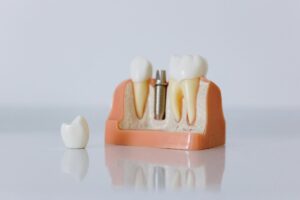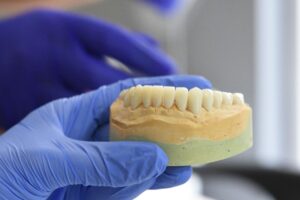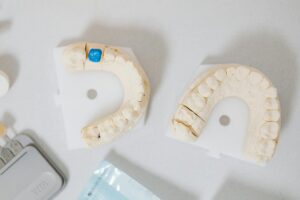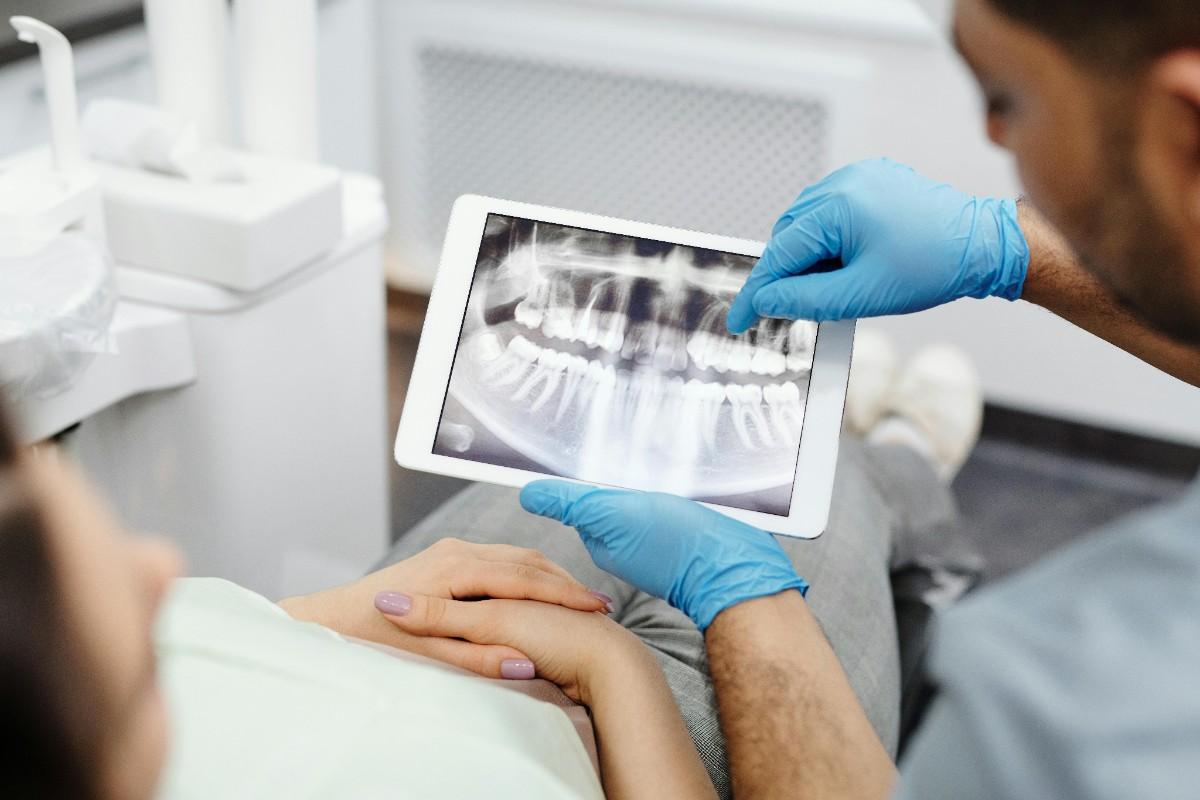Mini dental implants provide a less intrusive, often more reasonable solution for tooth replacement compared to customary plants. As smaller versions of full-size implants, they are specifically designed for those who may not have the bone viscosity needed for larger implants. Whether you’re feeling a single implant or a full set, comprehending Mini Dental implant Price and factors influencing mini dental implants are important to make an informed choice. This guide will dive deep into the costs of mini dental implants, reaching them to traditional implants, and providing valuable wisdom into payment options, insurance range, and much more.

What Are Mini Dental Implants?
- Mini dental implants are smaller than established implants, normally less than 3 millimeters in radius. They consist of a one-piece titanium post that includes a ball-shaped skull, which protrudes above the gum line and is used to confirm a backup tooth or denture. Due to their size, mini dental implants are often faster to place, demanding a less pushy surgical process and usually less healing time.
- Mini implants are commonly used to stabilize dentures, return single teeth, and in some cases, can even help bridges. Their smaller design makes them fit for patients who may have lighter jawbones or who cannot undergo traditional implant surgery. Despite their size, mini dental implants can be a permanent solution for many patients when correctly supported.
Middle Cost of Mini Dental Implants
The intermediate fee for a single mini dental implant differs from $500 to $1,500. In contrast, customary dental implants can range between $2,000 and $5,000 per like. This difference makes mini implants a lovely option for patients who are looking to save on costs. Yet, the total price will differ depending on the number of implants needed, the complexity of the case, and whether any extra processes are needed.
In most cases, the price difference stems from the fact that mini implants require less extensive surgery and fewer materials and are quicker to place than traditional implants. Yet, while they are generally more affordable, it’s important to remember that mini implants may not be fit for all types of tooth relief, particularly in areas where a high level of edge force is needed.

Factors Affecting Mini Dental Implant Price
While mini implants are normally more reasonable than their customary partners, several factors can affect the mini dental implant price:
- Area of Dental Procedure: Dental care costs vary depending on geographic location. Metropolitan areas or regions with a high cost of living normally have higher dental fees than rural areas.
- Dentist’s Expertise: Dentists with technical training in implantology or extensive experience with mini implants may charge higher fees for their help.
- Number of Implants Required: More implants focus on a higher fee altogether. For example, patients needing several mini implants for full denture fixation will incur a higher fee than someone replacing a single tooth.
- Additional Procedures: Some patients need initial procedures such as tooth extraction or bone grafting, which add to the overall cost.
- Material Used: The quality of the implant material and the type of replacement tooth can also impact the cost. High-quality titanium posts and ceramic corals or dentures tend to be more lasting but may also be pricier.
- Mini Dental Implants vs Traditional Implants: Cost Analogy and Practicality
A side-by-side cost and suitability comparison can clarify why many patients consider mini implants for certain dental needs. Mini dental implants generally cost less due to their size, design, and ease of placement. Traditional implants, being larger, may require more bone systems and a longer surgical process.
| Implant Type | Average Cost per Implant | Procedure Duration |
|---|---|---|
| Mini Dental Implants price | $500 – $1,500 | 1-2 hours |
| Traditional Implants price | $2,000 – $5,000 | 2-4 hours |
This table shows that mini dental implants are ideal for stabilizing dentures or replacing single teeth, especially in patients with lower bone density. However, traditional implants might be more suitable for patients needing a full tooth replacement with high bite pressure.

Insurance Range for Mini Dental Implants
The insurance range for mini dental implants ranges widely. In many cases, dental insurance guidelines cover a part of the costs for implants, particularly if they are deemed medically necessary. Some plans, however, still consider implants as an ornamental procedure and may not cover them. For patients who need mini implants for sensible reasons, it’s best to check with your insurance provider to understand what part of the process will be covered and whether there are any deductibles or co-pays involved.
Guidance for Maximizing Insurance Range
- Get Pre-authorization: Before experiencing the procedure, request pre-permission from your insurance provider to understand the estimated out-of-pocket costs.
- Check for Medical Necessity: If mini implants are essential for good dental function (such as stabilizing dentures), there’s a higher chance that they may be partly covered.
- Use Health Savings Accounts (HSAs): If insurance doesn’t protect mini implants, an HSA or elastic Spending Account (FSA) can help control costs with pre-tax dollars.
Financing Options for Mini Dental Implants
For those without dental insurance or a good range, financing options can help make mini implants affordable. Many dental offices work with third-party financing providers, like CareCredit, which offers monthly income plans for dental techniques. Financing options generally offer elastic terms, and depending on your credit, you may even allow for interest-free payment plans. Some dental camps also offer in-house financing methods, so it’s still a good idea to consider payment options with your dentist.
Benefits of Mini Dental Implants
There are several miracles to picking mini dental implants:
Lower Cost: Mini Dental Implant Prices are less than traditional implants, making them available to more patients.
Shorter Process Time: Mini implants can be put in a single stay, with minor surgery time and more rapid healing.
Minimally Interfering: With a smaller diameter, mini implants need less bone system and fewer incisions, which often means less post-surgical pain.
Versatility: Mini implants are versatile, working well for denture stabilization and patients with bone thickness matters.
Drawbacks of Mini Dental Implants
While mini dental implants have clear benefits, there are also some limitations:
Lower Durability in High-Stress Areas: Mini implants may not be as strong as traditional implants, especially for molar replacements where bite force is high.
Limited Applications: Mini implants are not ideal for patients needing extensive tooth replacement or for those who need full arch replacements under high pressure.
Not Suitable for Everyone: Some patients may even need bone grafting or extra processes to keep the mini implants, increasing the cost and healing time.

Tips for Reducing Mini Dental Implant Price
For patients concerned about the Mini Dental Implants Price, here are a few methods to study:
Get Numerous Sections: Prices can vary greatly between dental offices, even within the same area. Reaching costs from different providers can help find the best rate.
Look for New Patient Discounts: Some dental procedures offer deals or advertisements for new patients, particularly for large processes like implants.
Consider Dental Schools: Dental schools often offer implant processes at a decreased rate as part of student training. Procedures are typically overseen by experienced professionals.
FAQs About Mini Dental Implants Fee
1. Are mini dental inserts more cheap than customary inserts?
Yes, mini dental inserts are normally cheaper, with costs averaging between $500 and $1,500 per insert, matched to $2,000 to $5,000 for customary inserts. This is due to their smaller size and the less hampering nature of the process.
2. How long do mini dental inserts last?
With useful care, mini dental inserts can last between 10 and 20 years, relying on factors like verbal hygiene and the patient’s general fitness. Routine dental check-ups and good care enhance their lifespan
3. Does insurance protect mini dental implants?
Insurance range varies, but some policies may cover a part of mini-implant costs, particularly if they are medically required. Check with your provider to confirm the range and consider HSAs or FSAs for extra cost management.
4. Are mini dental implants a likely choice for securing dentures?
Indeed, mini dental implants are commonly used to secure dentures, assuring they stay in place and providing greater comfort compared to regular dentures
5. Are mini implants fit for every tooth?
Mini implants are suitable for smaller teeth or front teeth and are often used in areas with lower bite force. They may not be as effective for molars or high-bite areas where traditional implants are more durable.

